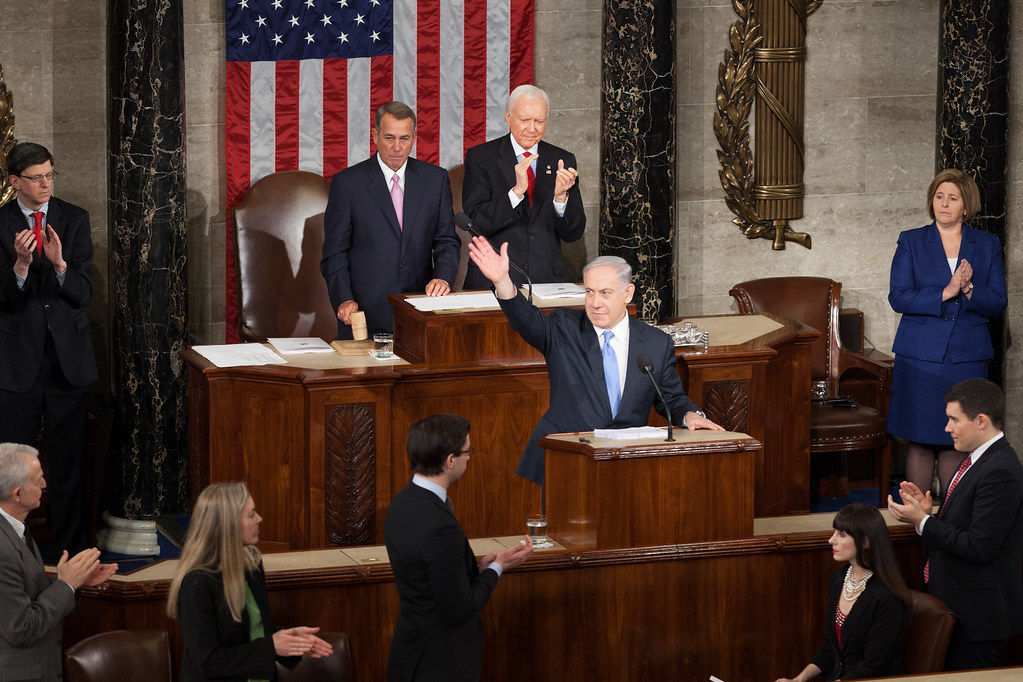Diversity, Equity, and Inclusion, also known as DEI, has become a controversial political and educational acronym over the last couple of years. But it shouldn’t be. DEI is necessary because it helps us develop our knowledge of others, capacity for empathy, and necessary action. Let’s peel back the meaning of each word.
Diversity is the state of being diverse, different, and distinct. People should realize that diversity is inevitable. It is inevitable because people are always going to generate new forms of expression, ways of being, and ways of doing incredible things. It is part of being human. It is part of how we move forward. Therefore, a direct elimination of this diversity and of the diverse people who dedicate their livelihood to ensuring difference is acknowledged, celebrated, and studied is antithetical to who we are.
Our next word, equity, is allocating and distributing resources based on our diverging needs. Equity is not the same as equality, a common mistake. The reason being we do not all need the same resources, accommodation, or treatment because we are not the same. We may be similar to one another, but we are not the same. We do, however, deserve to have dignity, liberty, and justice, in whichever form that takes. Therefore, a direct elimination of equity means less compassion, a selfish turn inward, and a deep misunderstanding of how our acts of service and different levels of privilege can be shared or forgoed to help others.
And inclusion. Inclusion is not about headcount or tokenism. Rather, it is about intentional practices and sustaining structures that allow for different groups of people to be seen as valuable contributors within a space. How does it feel to be included? How does it feel to belong to something? How does it feel to know that others respect an unapologetic you, your thoughts, and your culture? You feel free to be. You feel at peace. Therefore, a direct elimination of inclusion is saying that we should be imploding– insular, homogenous, and rigid. It is fortifying “them vs us” boundaries, creating alarming distances that polarize others and perpetuate stigmas and stereotypes. That kind of distance is dangerous and debilitating. That kind of rhetoric and system does not stand but cripples both the dominant and vulnerable. Whether you’re in a metropolitan area or the most remote places, there is a burgeoning desire for people to feel part of a whole.
Although Poly is a private institution, we are not unscathed from the current administration’s executive orders because coexisting with others is still a public experience. We may not have to eliminate, but we still have to reinforce and examine our DEI goals. How do we continue to operationalize DEI at Poly? Never is it an easy answer nor an easy task. But one thing is certain, it takes you, me, and others to do diversity, do equity, do inclusion.


























